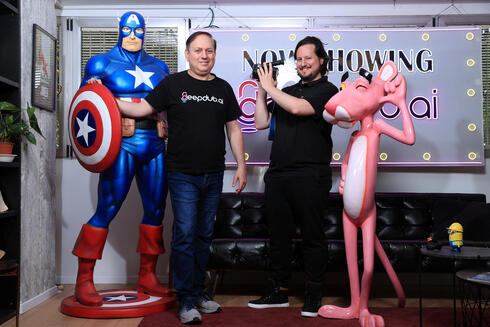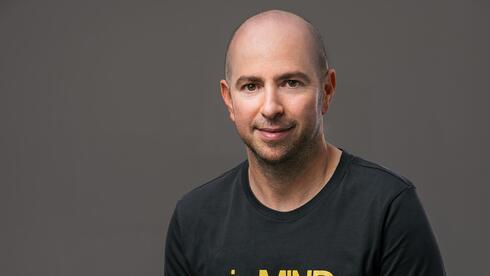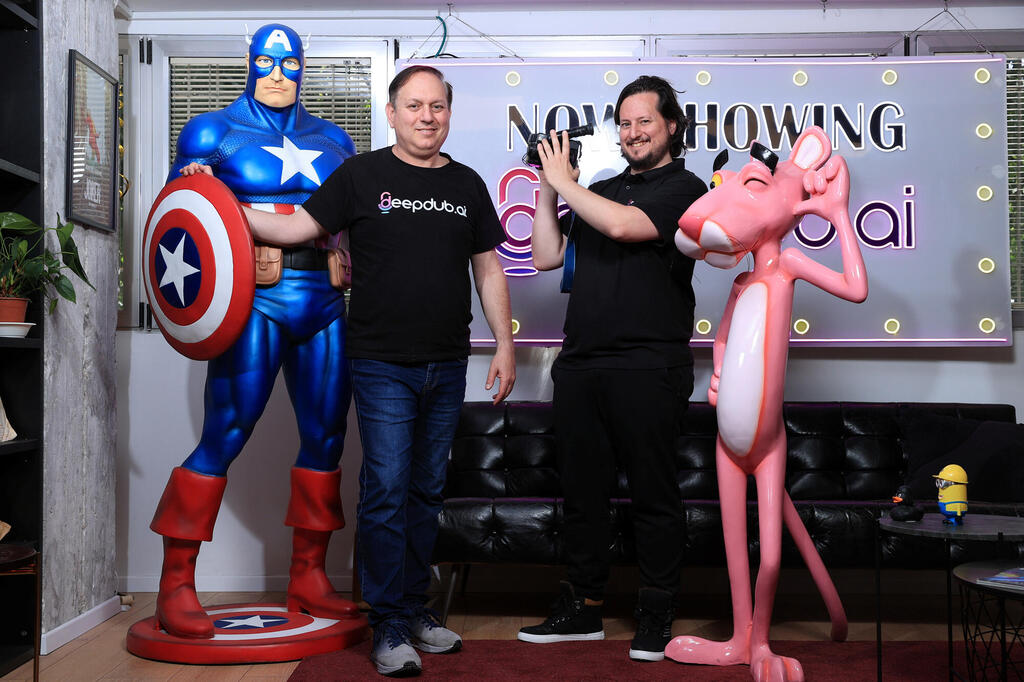
Deepdub launches GenAI royalty program to compensate actors for the use of their voices
The generative AI tool has been announced following months of an embattled Hollywood struggling to reach an agreement between actors and studios surrounding the adoption of artificial intelligence.
Israeli AI-based audiovisual dubbing and language localization company Deepdub has announced the launch of its Voice Artist Royalty Program, designed to provide fair compensation to voice talent for the use of their voices in AI-powered dubbing, voice cloning, and other synthetic voice projects.
The announcement comes following the months-long WGA and SAG strikes that effectively closed down Hollywood due to compensation issues surrounding streaming services and the use of artificial intelligence in the entertainment industry, especially regarding job security and IP rights. It also addressed concerns in the voice-acting community around the inclusion of their recordings in AI and voice cloning projects without proper consent and compensation.
"At Deepdub, we want to ensure voice talent are rightfully rewarded for their artistry and skill," said Ofir Krakowski, CEO and co-founder of Deepdub. "Our Voice Artist Royalty Program enables performers to tap into the expanding world of AI voice tech in an ethical, mutually beneficial way."
Deepdub’s initiative addresses this by helping actors submit a sample of their voice, which once approved, can be added to a marketplace where their vocal profile becomes available for use in audio-visual productions. It ensures that artists are compensated each time their voice is used in a project, helping them profit from their voice across a variety of projects. According to the company, actors can spend any time between seconds and hours initially uploading their samples, and compensation rates depend on aspects such as language, region, actor, and frequency.
Since its founding, Deepdub has collaborated with Hollywood studios and content owners on film and television projects to help with their audio-visual needs. Its services claim to go beyond traditional dubbing services and help ‘bridge the language barrier and cultural gap’ of entertainment experiences for audiences across TV, film, advertising, gaming, and e-learning. This includes the real-time translation of idioms and subtle jokes that may not get picked up by traditional dubbing services.
"We all need to remember that 2024 will be the year of Generative AI in entertainment," Krakowski concluded. "[This year] we had a lot of strikes and a lot of regulations and guardrails around AI. But in 2024, C-Level execs understand that Generative AI is the way to get more efficiency and monetize content that they didn't monetize before."














